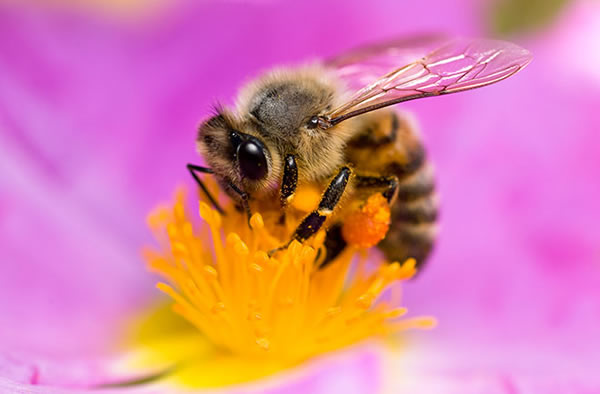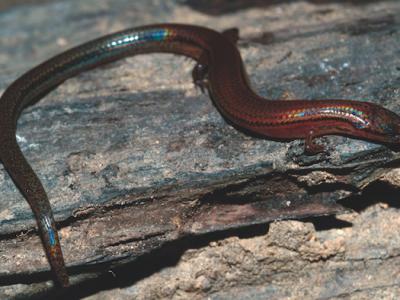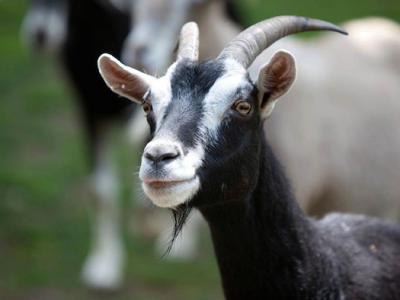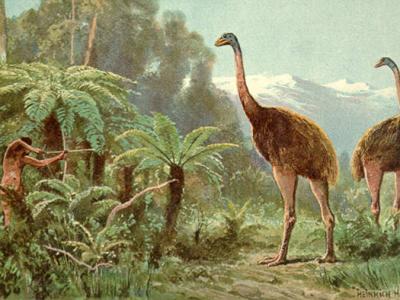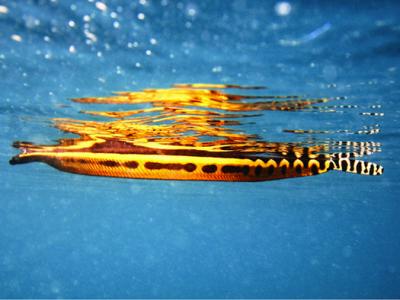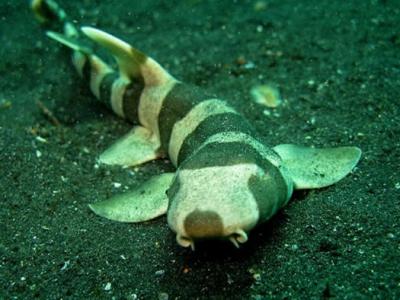The Buzz: Bees Get a Boost From Caffeine
The Buzz: Bees Get a Boost From Caffeine
Bees get a natural buzz from caffeine in the nectar of coffee and citrus flowers, researchers have discovered.
What’s more, the caffeine improves honeybee memory, helping the pollinators to remember a flower’s scent, and probably its location too, according to the study, published in Science.
“Remembering floral traits is difficult for bees to perform at a fast pace as they fly from flower to flower and we have found that caffeine helps the bee remember where the flowers are,” explained study leader Geraldine Wright of Newcastle University.
“In turn, bees that have fed on caffeine-laced nectar are laden with coffee pollen and these bees search for other coffee plants to find more nectar, leading to better pollination. So, caffeine in nectar is likely to improve the bee’s foraging prowess while providing the plant with a more faithful pollinator.”
The effect of caffeine on the bees’ long-term memory was profound, with three times as many bees remembering a flower’s scent 24 hours later and twice as many bees remembering the scent after three days.
Recently we told you how flowers also communicate with electricity. When a bee lands on a flower, there’s a change in the flower’s electrical field. That miniscule “zap” helps bee memory too. Flowers turn out to have evolved all sorts of incredible ways to communicate with pollinators, helping to ensure the plant’s survival and to ensure future generations.
The nectar in the flower of a coffee plant contains almost as much caffeine as a cup of instant coffee. However, high amounts of caffeine are really a turn off to bees. Too much of this compound repels them.
“This work helps us understand the basic mechanisms of how caffeine affects our brains,” Wright said in a press release. “What we see in bees could explain why people prefer to drink coffee when studying.”
Co-author Julie Mustard of Arizona State University added, “Although human and honeybee brains obviously have lots of differences, when you look at the level of cells, proteins and genes, human and bee brains function very similarly. Thus, we can use the honeybee to investigate how caffeine affects our own brains and behaviors.”
Mar 7, 2013 02:00 PM ET by Jennifer Viegas
